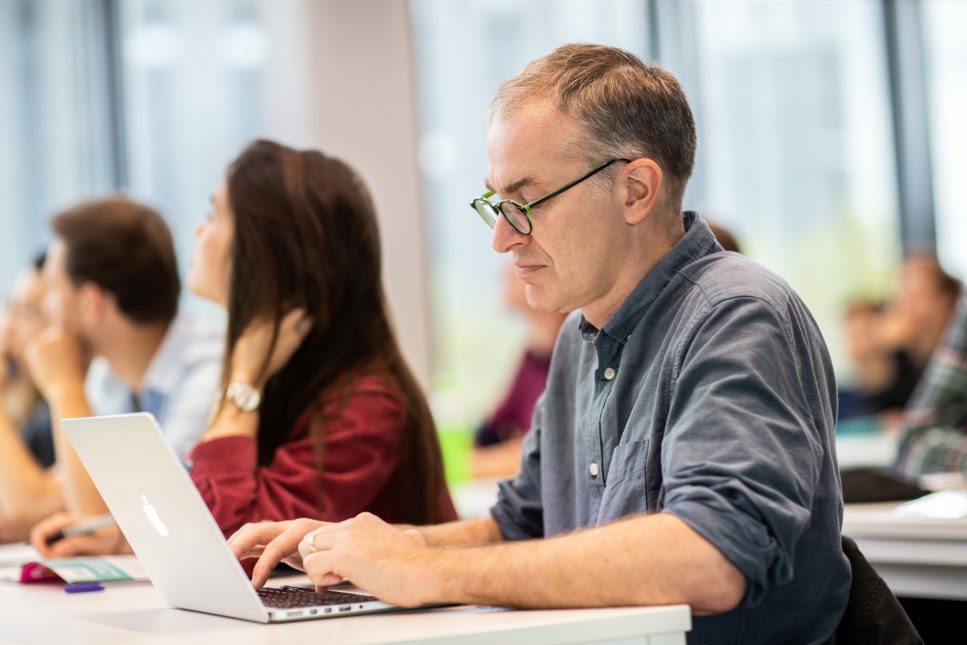Combined Call for Proposals for Education Innovation
This page describes the combined Call for Proposals for education innovation funds available to TU/e educators. The funds originate from TU/e’s DRIVE education innovation program, the 4TU Centre for Engineering Education, and EuroTeQ.
Introduction
In its Vision on Education, TU/e states the mission to (1) educate responsible engineers of the future who are prepared to take on important societal, technical and scientific challenges, and (2) offer high-quality education that is authentic, flexible and can be adapted and improved to meet the challenges of a quickly changing world. To support educators at TU/e to innovate their education towards the realisation of this mission, there are three funds available to acquire resources for innovating education. All educators at TU/e are invited to respond to this call for proposals.
In the following sections, the three funds, including their focus and available budget, are introduced. In preparing a proposal, educators can select one of the funds and write a proposal specifically for that fund. It is also possible to submit a proposal to multiple funds if co-funding would be fitting considering the content of the proposal. If you are unsure which fund(s) would be most suitable for the envisioned innovation of education, please contact calls.educationinnovation@tue.nl for help.
All proposals have to be submitted to calls.educationinnovation@tue.nl. From there, all proposals will be forwarded to the applicable fund(s) for review. More information on the review procedures per fund are available below.
In case of any questions regarding this Call for Proposals, please contact calls.educationinnovation@tue.nl. If your question concerns one of the funds specifically, please contact the following persons:
DRIVE program Suzanne Groothuijsen – s.e.a.groothuijsen@tue.nl
4TU.CEE Caroline Vonk – c.vonk@tue.nl
EuroTeQ Meagin van der Westhuizen – m.v.d.westhuizen@tue.nl
Important dates
- Deadline for submission of pre-proposals 22 September 2025
- Advice on submission of full proposals 10 October 2025
- Deadline for submission of full proposals 17 November 2025
- Deadline for answering questions during review 19 December 2025
- Informed about acceptance or rejection 30 January 2026
Next call for proposals (to be expected) February 2026*
(Pre-)proposals should be submitted before the deadlines to be reviewed within the established timeframe (see above). Submissions of full proposals after the deadline will be considered in a next call period.
Templates for (pre)proposals
Two templates are available to support applicants with the drafting of proposals: a template for pre-proposals and a template for full proposals. Use of the templates is mandatory for applications to the DRIVE, 4TU.CEE and EuroTeQ funds.
Submission of a pre-proposal is highly recommended when applying for funding from one fund, but not mandatory. Based on the review of the pre-proposals, applicants receive feedback and an (non-binding) advice on the submission of a full proposal.
Submission of a pre-proposal is mandatory when applying for co-funding from multiple funds. This is required to allow for sufficient time to coordinate the review procedure between the funds.
Other important information
It is important that all proposals take applicable rules and regulations into account, for example concerning concerning, privacy, AI and learning analytics. A document with relevant information and contactpersons will published here soon (before 1 August), so please check this page again before finalizing your (pre-)proposal.
* Fill out the contact form at the bottom of this page to receive updates on the latest Call for Proposals
